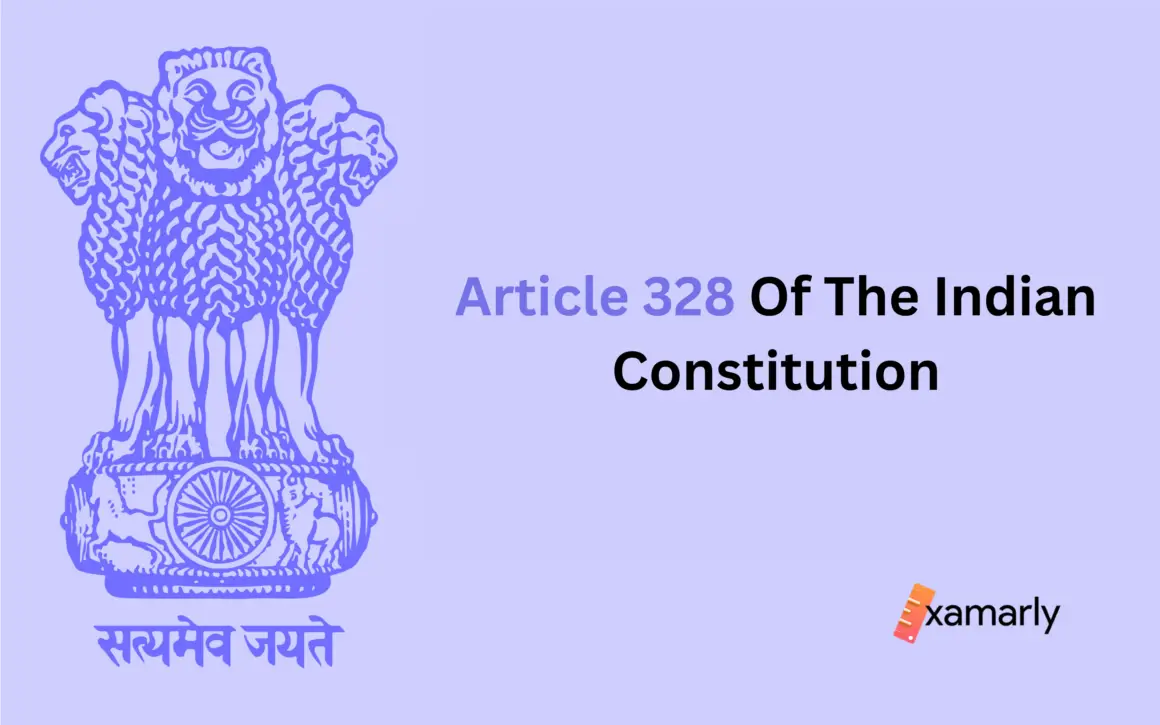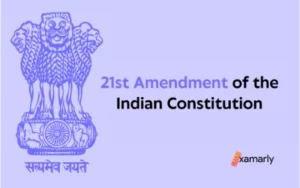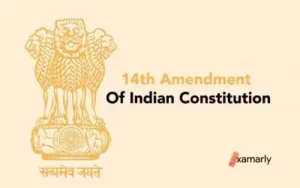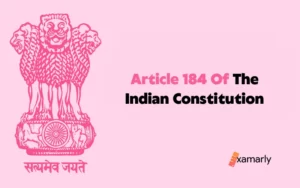Article 328 of the Indian Constitution can be understood as an extension of Article 327 of the Indian Constitution.
The clauses in both Articles are somewhat similar, it is just that Article 327 of the Indian Constitution discusses the concept at the Central level of the government while Article 328 of the Indian Constitution talks about the concept at the State level of the government.
Let us dig deep into Article 328 of the Indian Constitution and grasp all the concepts that are presented in the Article.
- Article 328 Of The Indian Constitution – In Detail
- Summing Up
- Some Relevant FAQs
- Q: How often are state elections held in India?
- Q: How are the state assemblies in India elected?
- Q: What is the process for the election of the chief minister in a state?
- Q: How does a state government get dissolved before the end of its term?
- Q: What is the role of the Election Commission of India in state elections?
- Q: What is the process of election dispute resolution in a state?
Article 328 Of The Indian Constitution – In Detail
We will understand each and every clause present in the Article in-depth by breaking down each and every clause into simpler form.
The Clause – As it is & Explained
328. Power of Legislature of a State to make provision with respect to elections to such Legislature Subject to the provisions of this Constitution and in so far as provision in that behalf is not made by Parliament, the Legislature of a State may from time to time bylaw make provision with respect to all matters relating to, or in connection with, the elections to the House or either House of the Legislature of the State including the preparation of electoral rolls and all other matters necessary for securing the due constitution of such House or Houses
As per the clause present in Article 328 of the Indian Constitution, the passage is from Article 328 of the Indian Constitution, and it deals with the powers of state legislatures to make laws related to elections to the legislative assemblies of their respective states.
The Article states that state legislatures can make laws related to elections to the legislative assembly, as long as those laws are consistent with the provisions of the constitution and as long as such laws are not already made by the Parliament.
This includes the preparation of electoral rolls, which is the process of creating a list of eligible voters in the state, and any other matters that are necessary to ensure that the legislative assembly is properly constituted.
The matters covered by this article is to a large extent similar to those of Article 327 which lays out the power of the parliament to make provision with respect to elections to legislature.
This provision is important because it grants state legislatures some autonomy in deciding how elections to their legislative assemblies are conducted. It allows them to make laws and regulations that may be specific to their own state, and that may not be relevant or appropriate for the entire country.
However, it’s important to note that this autonomy is not absolute, as the state laws must still be consistent with the provisions of the Constitution, and should not conflict with laws made by the Parliament.
This Article and the provision laid out in it, forms the basis of State Election commission to conduct the State assembly elections in a fair and impartial manner, with autonomy in deciding how the election will be conducted.
Summing Up
We can conclude from Article 328 of the Indian Constitution that it grants state legislatures the power to make laws related to elections to the legislative assembly of their respective states, as long as those laws do not conflict with the provisions of the Constitution and laws made by the Parliament.
This includes matters such as the preparation of electoral rolls, delimitation of constituencies and other necessary matters for ensuring fair and impartial conduct of elections.
This provision grants state legislatures some autonomy in deciding how their elections are conducted and form the basis of the State Election Commission which conduct the state assembly elections.
Some Relevant FAQs
Q: How often are state elections held in India?
A: State Legislative Assembly elections are held every five years unless the assembly is dissolved earlier.
Q: How are the state assemblies in India elected?
A: State Legislative Assemblies are elected through a first-past-the-post voting system, where the candidate with the most votes in a constituency is elected.
Q: What is the process for the election of the chief minister in a state?
A: The chief minister of a state is elected by the members of the state Legislative Assembly. The leader of the political party or coalition that holds the majority of seats in the assembly is elected as the chief minister.
Q: How does a state government get dissolved before the end of its term?
A: A state government can be dissolved before the end of its term if the state Legislative Assembly is dissolved by the governor, either on the advice of the chief minister or on his own initiative in certain circumstances.
Q: What is the role of the Election Commission of India in state elections?
A: The Election Commission of India (ECI) is responsible for supervising and conducting all elections in India, including state assembly elections. The ECI announces the election schedule, issues guidelines and instructions for the conduct of the elections, and declares the results.
Q: What is the process of election dispute resolution in a state?
A: Any disputes regarding the conduct of state assembly elections, including disputes over the nomination of candidates and the counting of votes, can be brought before the High Court of the state where the election took place. The decisions of the High Court can be appealed to the Supreme Court of India.






